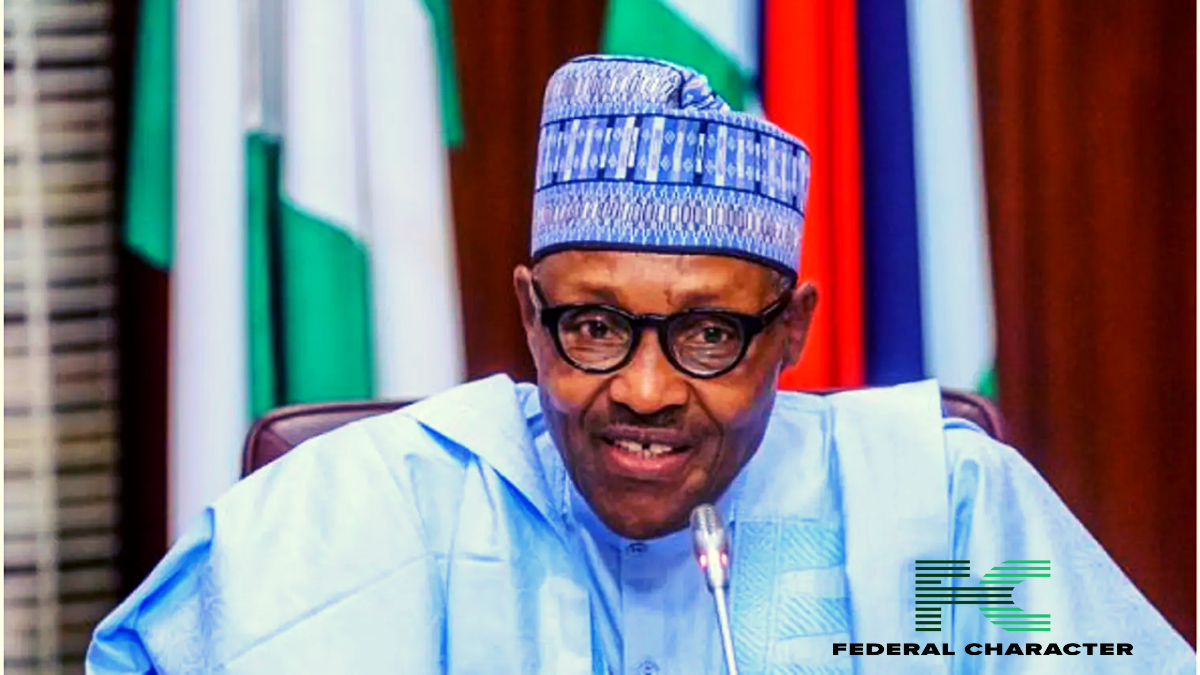Russia warns U.S. peace accord could complicate South Caucasus even as it expressed support for stability in the region. Moscow’s caution came on Saturday, a day after Azerbaijan and Armenia signed a U.S.-brokered agreement during a meeting with President Donald Trump. The deal gives the United States exclusive development rights to a transport corridor through Armenia, linking Azerbaijan to its Nakhchivan exclave bordering Turkey.
In its first official comments, Russia’s Foreign Ministry said it backed initiatives that promote stability and prosperity in the South Caucasus, including the Washington meeting. However, it noted that lasting solutions should primarily be developed by regional countries themselves, with the support of neighbours like Russia, Iran, and Turkey.

Complicate South Caucasus If Outside Powers Dominate
While Russia acknowledged the agreement’s potential benefits, it cautioned against excessive outside influence. According to the ministry, “The involvement of non-regional players should strengthen the peace agenda, not create new divisions.” The statement suggested that Moscow remains wary of U.S. political and economic interests shaping the future of the region.
The ministry further warned about repeating what it described as the “unfortunate experience” of Western-led conflict resolution in the Middle East, which it argued often resulted in prolonged instability rather than peace. Moscow emphasised that regional countries should have the primary role in resolving disputes, with foreign involvement limited to constructive support.
It Must be Managed Carefully
Russia warns U.S. peace accord could complicate South Caucasus if outside involvement overshadows regional decision-making. While Moscow signalled cautious approval of the agreement, it underlined the need for solutions driven by countries within the region to ensure long-term stability. The balance between cooperation and sovereignty, it suggested, will determine whether the deal becomes a step toward peace or a source of new tensions.

















